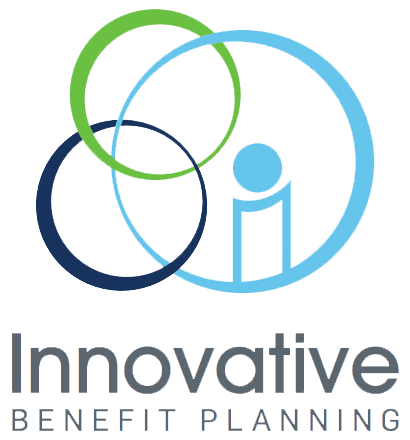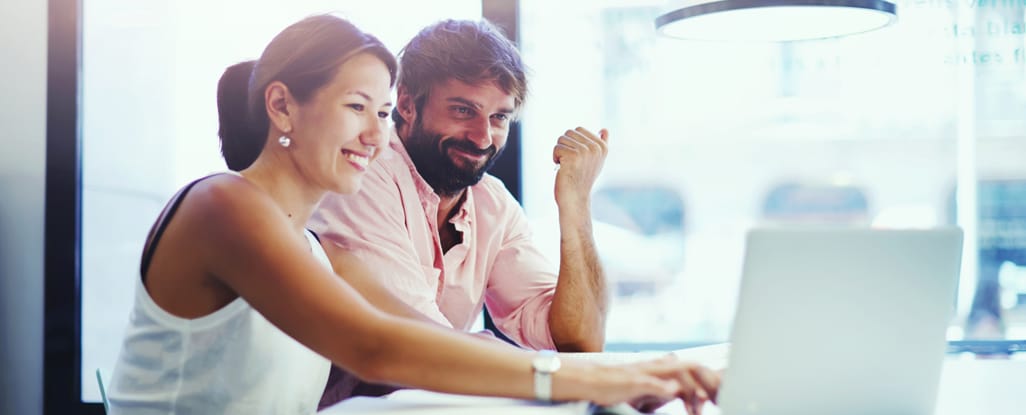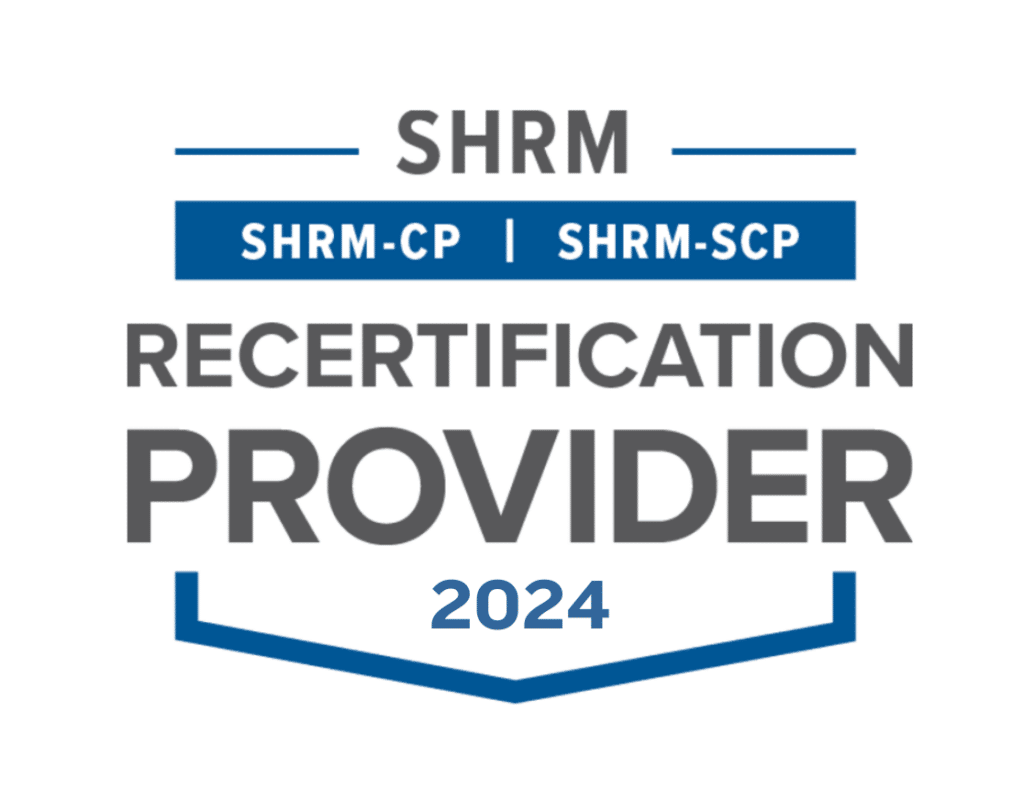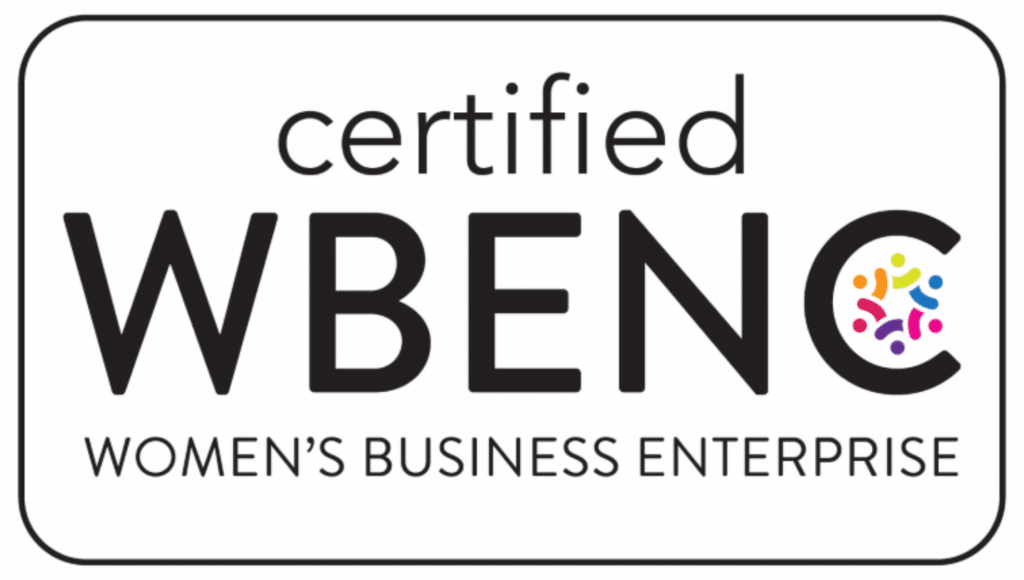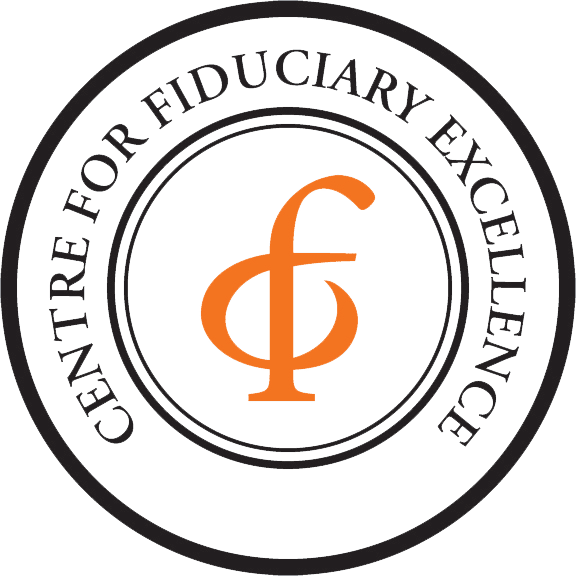Put Your Advisor to the Test
Ask these critical questions to test the knowledge of future plan advisors.
A knowledgeable plan advisor is an important component in the successful operation of your qualified plan. However, selecting the right candidate requires more than simply reviewing typical Request for Proposal (RFP) responses. RFPs are an important part of the process, but boilerplate questions may draw generalized, high-level responses that reveal few details about a potential advisors’ knowledge. You should make sure the potential advisor possesses broad industry experience and expertise that applies to your unique situation.
It only takes a few questions to put them to the test. So, as you consider prospective plan advisors, here are some non-boilerplate questions that you can ask to assess their knowledge.
Under what scenario would my plan need a BRF test?
Sometimes, plan designs create different benefits for different classes of participants. The BRF (Benefits, Rights, and Features) test determines whether your plan design is discriminatory, which would require that a corrective action is taken by the plan sponsor. Your plan advisor should understand whether your plan design requires this type of testing and if required, negotiate the testing as part of the service contract with your administrator.
How do you evaluate and recommend a 3(16) administrator?
Not all 3(16) administrative fiduciary providers are the same. A 3(16) administrator manages plan administrative duties and accepts fiduciary responsibility for certain administrative duties for the plan sponsor. An advisor must understand what liabilities a provider will typically assume and which ones they would not. In short, a plan advisor should be able to define what protections you would receive by partnering with q 3(16) administrator.
How will you confirm that my plan has the lowest net cost share classes available?
Plan sponsors have a fiduciary responsibility to offer participants low cost investments. Investments that are too expensive can subject a plan sponsor to an increased risk of litigation. Your advisor should be able to monitor your investments and document that you are offering the least expensive ones.
For profit sharing contributions, what options do we have for timing the tax deduction?
Employers can elect which tax year to deduct their profit-sharing contributions. The advisor should help you understand what your options are and how to maximize the effectiveness of your contributions.
To minimize deemed distributions on participant loans, what cure period should your loan policy allow?
Your loan policy can be designed to provide the maximum amount of flexibility to protect your employees from additional taxes and penalties. Maximizing your cure period gives employees more time to correct defaults and avoid having the loan treated as a deemed distribution. An advisor should understand the maximum cure period allowed under the law.
Special Merger & Acquisition Questions
If your company is active in mergers and acquisitions (or may pursue M&A activities), there are additional questions you should ask potential advisors. Buying and selling companies brings new complexities to plan administration. You want an advisor who knows the intricacies of how to properly merge or divest plans while providing minimal disruption to the plan sponsor and participants.
The following questions can help you determine whether your potential advisor is familiar with M&A challenges:
In an asset purchase, what plan distribution options are typically available to the participants of the acquired company?
An asset purchase agreement often triggers a plan distribution option for the acquired company’s employees. The plan advisor should be able to assist you through the process of amending your plan and assist members with transferring their funds into your plan. A plan that helps employees navigate this transition will capture as many assets as possible, which is the goal of most transitions.
In a stock purchase, what options does the acquiring company have for combined discrimination testing?
Under this scenario, the acquiring company can combine its existing plan with the acquired company’s plan for testing purposes; or it can temporarily test each plan on its own. Your advisor should understand the length of time plans can be tested separately, as well as under what circumstances it may become more advantageous to test them together before the initial period ends.
Under what circumstances would you advise an affiliated service group determination?
If your company plans to sell all or a portion of one of its business units while continuing to share personnel, services, or generate revenue with that unit, you must determine whether the sold unit would be considered an affiliated service group (ASG). If an ASG relationship exists, any plan operated by the sold unit must be tested with the seller’s plan. Your advisor should understand the rules around ASG’s and how they can impact your plan.
RFPs are a critical component of the process for selecting a plan advisor, but many RFP questions may not address what you really need to know. The above are just some sample questions you can ask to dig a little deeper. However, plan sponsors and investment committees should develop specific questions about the services that are important to their plan and participants.
For an in-depth discussion of your plan and the scope of services provided by your advisor, please feel free to contact Innovative.
